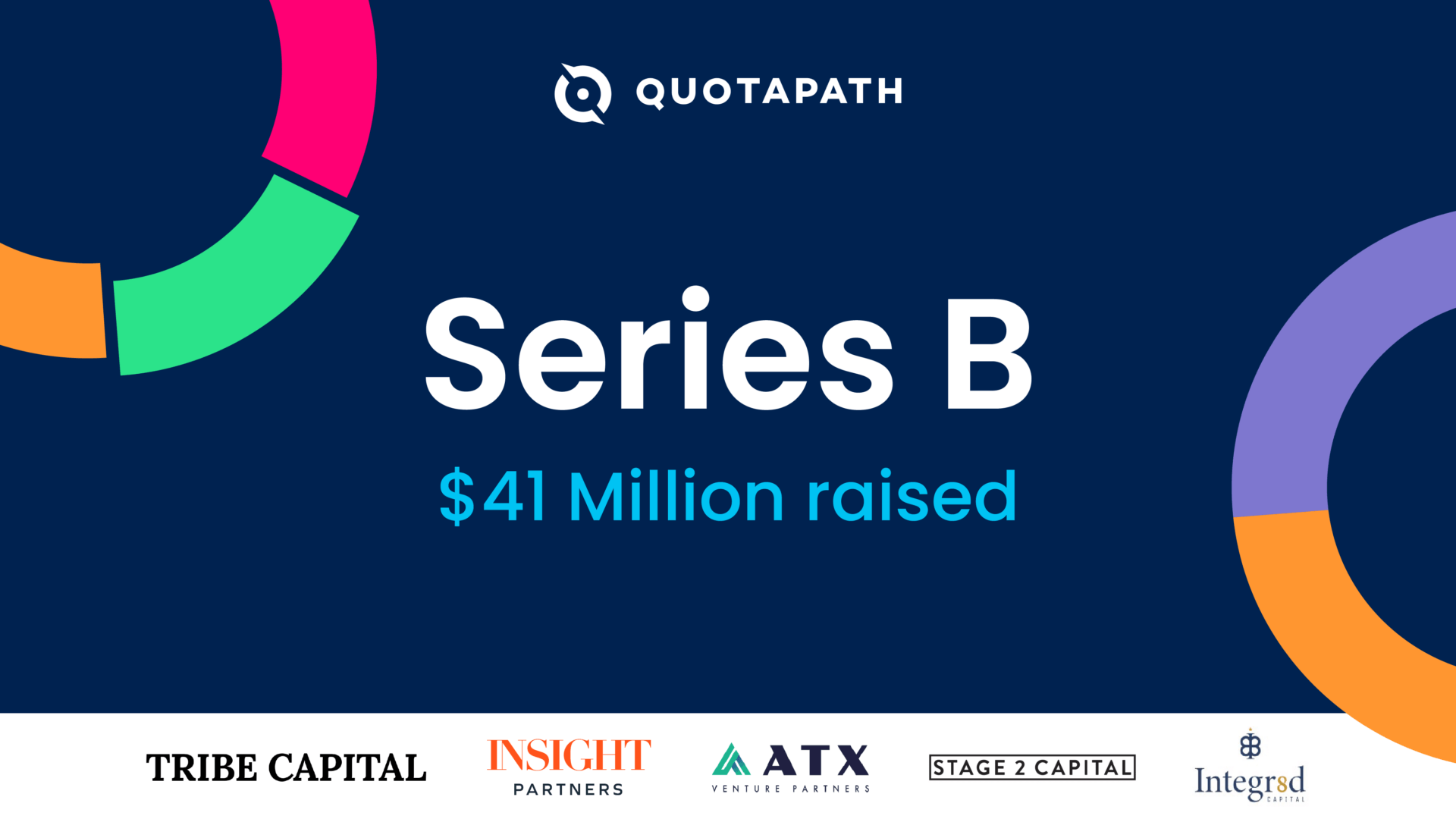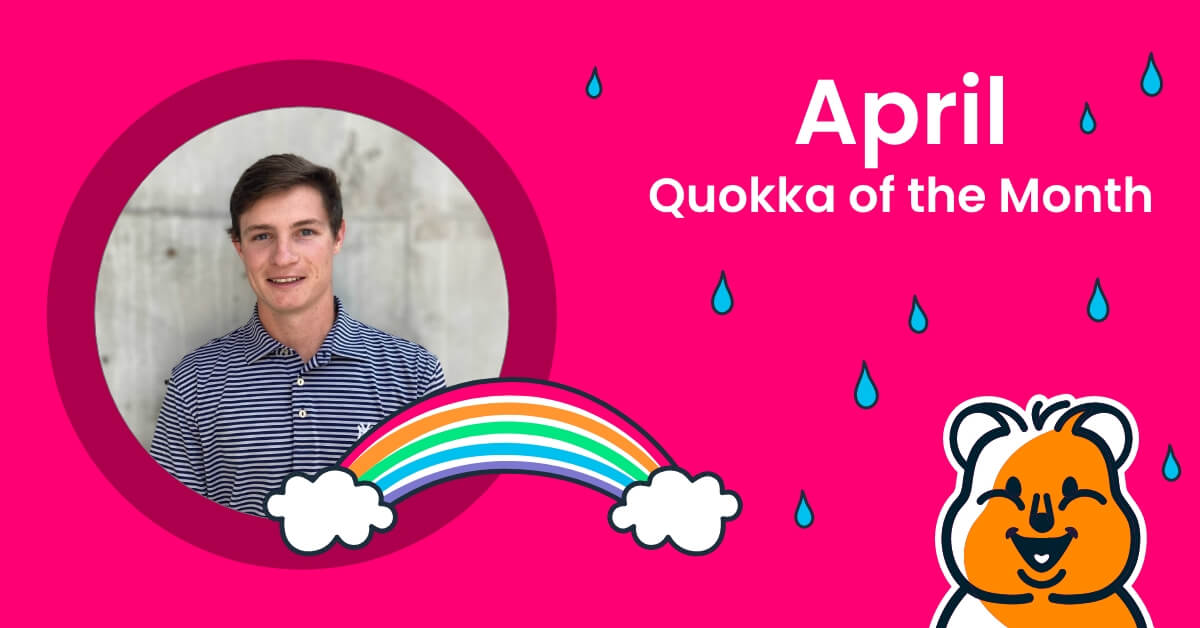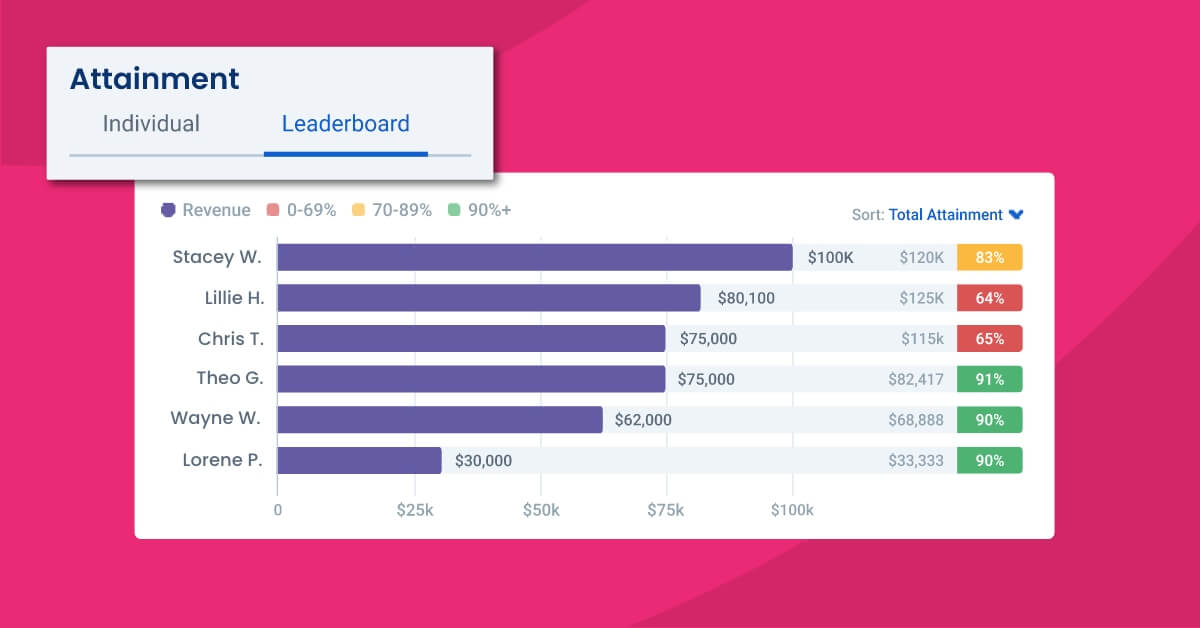
When sales technologies are optimized, teams note quantifiable improvements in metrics like pipeline, close-rates, and forecast accuracy. So, it makes sense that high-growth companies deploy more sales tools than laggards and achieve a 5 percent improvement in quota attainment as a result.
But implementing the right tools can be tricky.
RevOps leaders tasked with identifying impactful sales and marketing ops solutions must sift through a lot of noise. For instance, 1,200 available solutions across 43 different categories crowd the sales technology market.
The vast array of options makes it harder for leaders to figure out which technologies to go with.
To help, we’ve sourced a few of our favorite tools! Then we checked out customer review sites and case studies to learn what users love best about each of them.
1. CRM
Customer relationship management (CRM) platforms help salespeople enhance their daily schedules and prioritize tasks. With a CRM in place, reps are less likely to lose track of customer and prospect follow-ups. CRMs also ensure that information accrued by your sales team is accessible across your entire company in one centralized system. CRMs store customer data and communications. They facilitate tracking and nurturing customer and lead relationships and act as a single source of truth. Pro tip: Before using a CRM, it is best to make sure that the device is optimized (clear the RAM, remove applications that launch at login, etc.). Then your work with CRM will be fast and smooth.
Hubspot is an easy-to-use CRM platform with all the tools and integrations you need for marketing, sales, content management, and customer service. Plus, it supports hundreds of app integrations (including QuotaPath).
Their customers love how simple it is to use. SalesOps professionals specifically appreciate how easy it is to generate dashboards, reports, and filters, and how smoothly it integrates into the marketing module.
Hubspot’s Sales CRM helps sales teams close more deals, manage client relationships, and track team activities.
Salesforce CRM can be used by businesses of all sizes.
Their customers love how customizable and versatile the platform is, so it can be used by many industries. Salesforce’s resources, third-party integrations, including QuotaPath, and their reporting structures are excellent.
Salesforce helps companies manage prospect relationships, communication, lead tracking, opportunity conversion, and gauge success through reporting.
Close CRM focuses solely on the needs of SMBs and scaling teams. It is a sales engagement CRM designed to help SMBs turn more leads into revenue.
Close CRM’s customers love the interface because it’s easy to navigate and very intuitive. They also love the robust filters and sorting functions as well as the automated email tracking function in Close CRM.
Close lets you email, call, and text your leads, all without add-ons. The platform includes productivity tools like task reminders and a Power Dialer to reach more leads, follow up more often, and close more deals. And, Close CRM integrates with QuotaPath.
Chili Piper is an advanced scheduling and routing software for B2B revenue teams.
Customers love the platform for its ease of use and ability to simplify the process of scheduling calls and meetings. Not only does the platform streamline scheduling, it facilitates rescheduling, reassigning, or updating meetings and invites. Chili Piper also gives you the ability to set up round-robin functionality for call and demo distribution with smart routing capabilities to assign accounts. Their customers also love the assortment of integrations offered by Chili Piper.
Chili Piper helps revenue teams double their inbound conversion rates, increase customer satisfaction, and increase productivity in terms of scheduling.
Jiminny is a conversation intelligence platform that records, transcribes, and analyzes customer conversations.
Customers have shared they find the platform easy to use. They love that Jiminny simplifies coaching by highlighting key coaching moments and encourages more coaching through self and peer-to-peer coaching. It also provides performance and deal analytics, and simplifies internal communication. Jiminny customers also praised the company for offering up excellent customer support!
Jiminny helps companies shorten new hire onboarding times, simplify and improve sales coaching for continuous rep performance improvement, update sales processes, and increase forecasting accuracy.
Contractbook is an end-to-end contract management platform that enables you to manage your contracts in a single, streamlined flow. The platform allows you to automate every step with data-driven document automation to save time and avoid errors.
Contractbook’s customers say their technology makes life easier by ensuring consistency across teams and finalizing contracts more quickly. The solution allows customers to see when a client has viewed a contract or requested a re-send. It also flags changes to the contract and notifies when a client has sent a contract back. You can also autogenerate contracts and create new documents from templates.
Customers have also applauded Contractbook’s intuitiveness and its large list of integrations.
5. QuotaPath
QuotaPath is a sales compensation management tool with real-time data syncs and personalized dashboards for greater rep and leader transparency and understanding of earnings and quota attainment.
Customers love the platform because it saves time by replacing error-prone manual tracking processes with sales incentive automation. It’s set up for RevOps, Finance, and Sales to use, and it’s not uncommon for reps to pull up QuotaPath immediately after closing a deal. This leads to high adoption rates and rep motivation because reps can actually forecast commissions, too.
QuotaPath helps measure sales performance, deliver results, and drive consistent revenue. The platform helps businesses save time by automating commissions, increasing transparency around even the most complex comp plan, eliminating compensation errors, and driving success.
Plus, the team offers a wealth of knowledge in compensation planning and partners with companies to design plans that drive positive sales behaviors.
6. Blissfully (acquired by Vendr)
Blissfully is a platform for managing every aspect of your technology stack.
Customers have shared that the solution has helped them pump transparency into their SaaS spend by automating the process. The onboarding and offboarding processes in Blissfully give customers the ability to create standard checklists per department to follow when a new employee starts or leaves. Blissfully manages the process and sends reminders so no details slip through, which matters for SOC 2 audits.
The Blissfully platform provides organization, automation, and security to every aspect of your technology stack. It simplifies business operations, streamlines on- and offboarding, optimizes SaaS and IT spend, and improves security and compliance.
Still need help building a sales tech stack that your team will actually use? Check out the recap and recording of our webinar, “How to Build a Sales Tech Stack Your Team Will Actually Use.”
And, when you are ready, you can find out how QuotaPath can add immediate value to your sales tech stack today.












Recent Comments